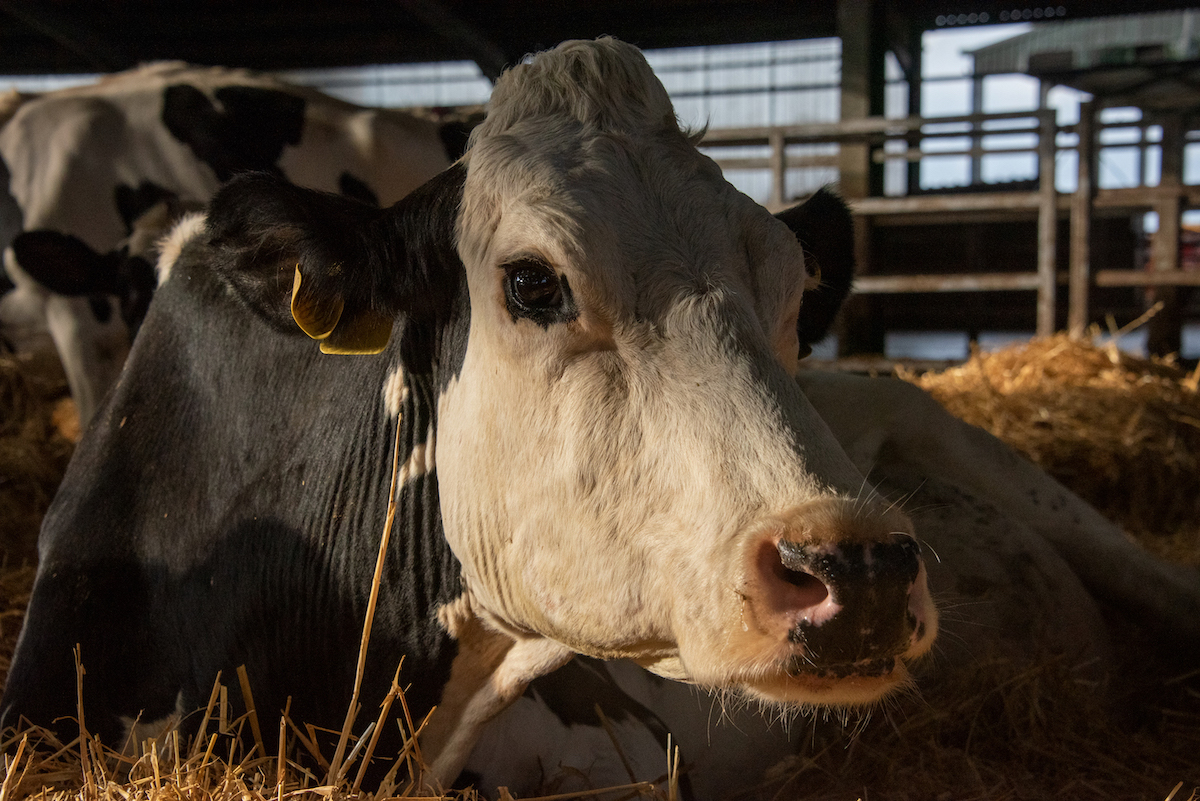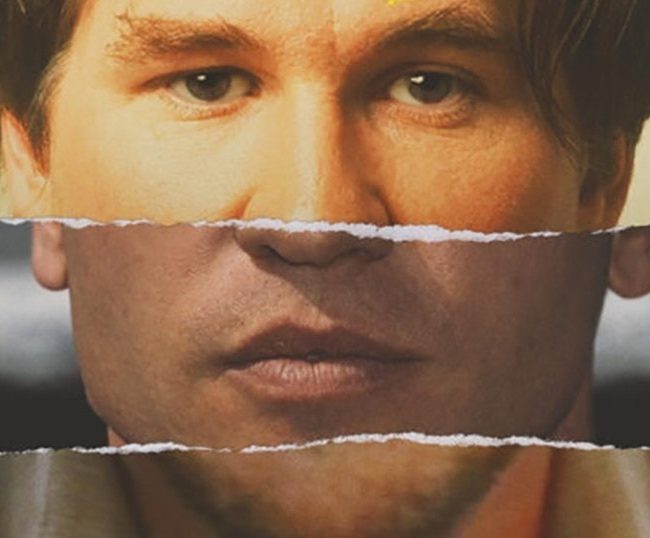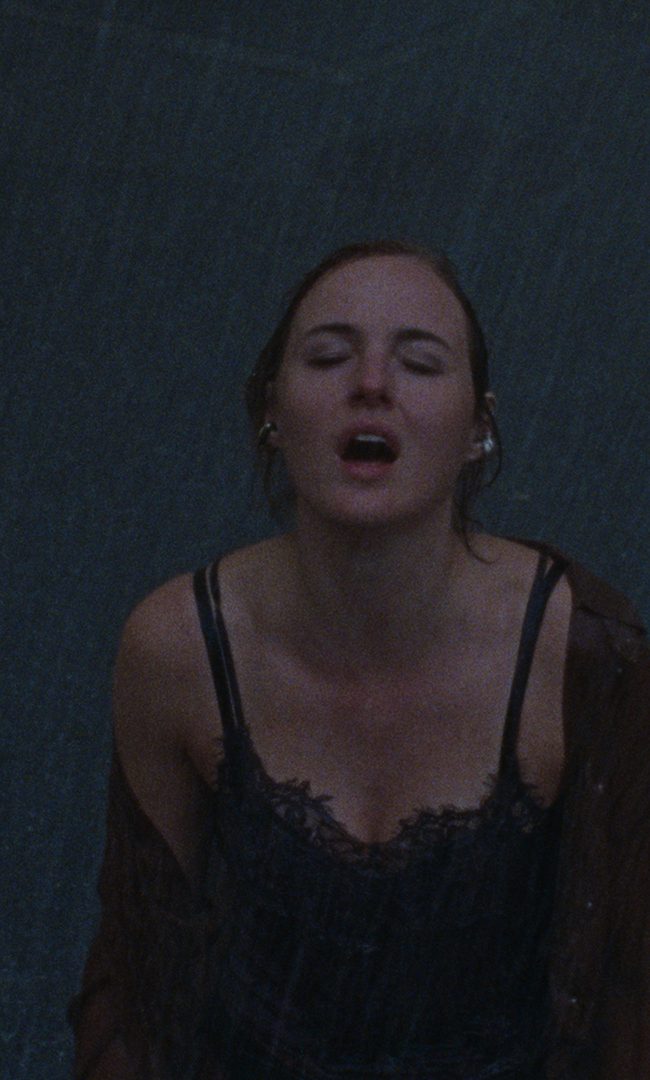COW

(Andrea Arnold’s Cow is in select theaters and on VOD now via IFC Films. Chris Reed has this movie review of Cow. Seen it?Join the conversation with HtN on our Letterboxd Page.)
What does how we treat animals say about homo sapiens? As beings who exist at the top of the food chain, do we have the right to do as we wish? Though Andrea Arnold’s latest film, the documentary Cow, trains its lens directly on its bovine subjects, the unspoken thesis of human cruelty, intentional or not, runs throughout. To all of us who have ever driven by a pastoral scene of cows grazing in a field, this movie punctures that seeming idyll and reveals the truth about where our dairy products originate. It’s not pretty, but makes for necessary viewing.
We begin with fresh life, as our main character, Luma, gives birth to one of many calves she has created in her time on Earth. After a tender scene of her licking the baby clean, however, the tone shifts as she is immediately separated and brought to a milking station, where rubber nozzles take the place otherwise reserved for the newborn’s lips. Once done, she returns to the young cow, who is given a bottle of formula, instead, and then carried away. They are not to spend any more time together.
A cursory internet search will reveal many takes on this process, some favorable, some not. Farmers explain that it helps prevent disease while animal advocates say it causes undue stress and prevents the learning of important socialization. In order for a cow to produce milk, she has to give birth; there’s no way around that fact. What happens afterwards no doubt varies by location and scale of enterprise.
What we see here is the unvarnished experience of one specific place in England, where the animals are neither beaten nor whipped, yet still subjected to a form of torture, no matter how common the situation. When, about halfway through the film, the cows finally have a chance to emerge from their stalls and into an outdoor pasture, the change in their behavior is palpable. For an all-too-brief moment, they escape the overcrowding, dirt and fecal matter to romp and graze. This is how it should be, yet so rarely is.
The late, great Ursula K. LeGuin’s 1973 short story The Ones Who Walk Away from Omelas offers a fable about the sacrifices civilizations are prepared to make for the sake of peace and prosperity. One can apply its lessons to all kinds of situations; most of us at some point and under certain circumstances will accept compromises to our principles. It’s human nature. But when confronted with the brutal truth of our choices, what do we do then?
Arnold (Fish Tank) and her crew—led by cinematographer Magda Kowalczyk—do an exemplary job as fly-on-the-wall observers of everyday reality. Following Luma and her herdmates throughout their depressing quotidian routines, they showcase the casual way we take other creature’s lives for granted. You may not go vegan after watching, but you might think a little harder about the origins of your milk, cheese, yoghurt, ice cream and more. To question the status quo and consider other options is also human, so probe further and take it from there.
– Christopher Llewellyn Reed (@ChrisReedFilm)











